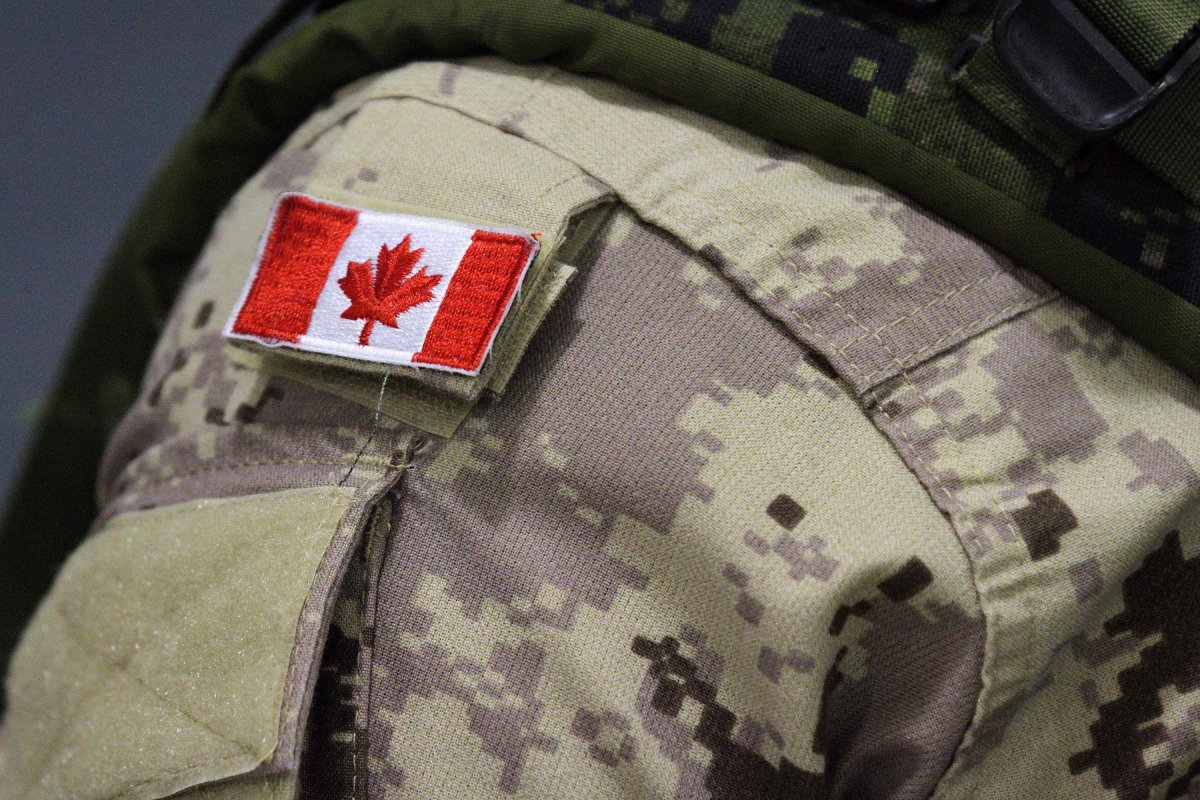The Canadian Forces are considering whether to recruit elite special-forces soldiers straight off the street rather than forcing them to follow the traditional route of first spending several years in the military.

The idea, which is still being debated, comes as Canada’s special forces — and the military as a whole — look at radical new ways to attract and retain people with the skills and experience needed to fight tomorrow’s wars.
WATCH: Nov. 11, 2018 — How Canadian troops turned the tide in World War One

That includes not just computer experts, for example, but also those with different ethnic and cultural backgrounds and language skills, as the special forces aim to operate more effectively in different parts of the world.
“This is not about achieving set quotas or anything else,” Maj.-Gen. Peter Dawe, commander of the Canadian Special Operations Forces Command, told The Canadian Press in an exclusive interview.
“From a hard-operational perspective, do we have the right mix of people with the right sort of background, education, language, ethnicity, gender … that will allow us to do what our government expects us to do and will expect us to do in the future?”
Canada has about 2,000 special-forces members whose units include Joint Task Force 2, the Canadian Special Operations Regiment, a special helicopter detachment and a unit that specializes in responding to biological, chemical and nuclear incidents.

Get daily National news
The government’s defence policy calls for an additional 600 special-forces members amid a realization of the growing importance of special forces to modern militaries.
Canada currently has about 120 special forces soldiers in Iraq and smaller teams working with counterparts in several other countries, including Belize, Jamaica, Niger and Malaysia.
READ MORE: Canadian War Museum photography exhibit depicts price paid in war by soldiers
More diverse special forces would make it easier to make connections in different parts of world, understand the environment, interact with power brokers and figure out a way to respond to changing circumstances, Dawe said.
At the same time, he said expectations within society are changing as young people look at different opportunities available to them, which requires the Forces to make it as attractive as possible to join.
Anyone who wants to join the special forces is required to have at least two years in uniform, though they are often required to attain other qualifications that require more time.
WATCH: Sept. 15, 2018 — Canadian Forces struggle to diversify

Dawe said some “really hard-charging, high-achieving individuals like varsity athletes and super-talented folks out there on civilian street” are interested in the special forces, but they don’t want to spend several years in the regular military before applying.
“So one of the things we would like to look at is whether there is scope to accelerate that, because there is a qualitative dimension that we might not be exploiting or tapping into as well as we could.”
There is precedent for such a move, Dawe said, pointing to Australia and the U.S. as examples where “accelerated” recruiting has been successful.
READ MORE: Canadian Forces seeing slow progress in recruiting women, top general says
At the same time, “inculcating future members of the Canadian Armed Forces, doing that properly, making sure they understand what they are joining and why are joining it, is important,” he said, noting recruits will still need to meet the same standards and go through training.
“You have to make sure you strike a good, healthy balance there in terms of making it as efficient as possible without discarding those important enculturation gateways that have served us so well historically,” Dawe said.
The move toward new ways of recruiting comes as special forces undergo a shift from its primary task of fighting terrorists to face new threats, including the nebulous new type of conflict known as hybrid warfare.
WATCH: Aug. 1, 2018 — Task force commander says Canada’s Mali mission is up and running

Hybrid warfare is a strategy that uses propaganda, misinformation and cyberattacks to complement conventional military forces or non-conventional forces such as insurgents and proxies. Russia’s intervention in Ukraine is widely seen as a prime example.
While Canada and its allies have struggled to address this new threat, Dawe argued his forces are part of the solution as they put more emphasis on better collecting information — particularly in “murky” environments.
“We just have to make sure we’re not bringing a hammer or even a scalpel to the party,” he said. “You have to bring a whole bunch of ability to illuminate the threat, figure out what it is and what you’re going to do about it.”







Comments